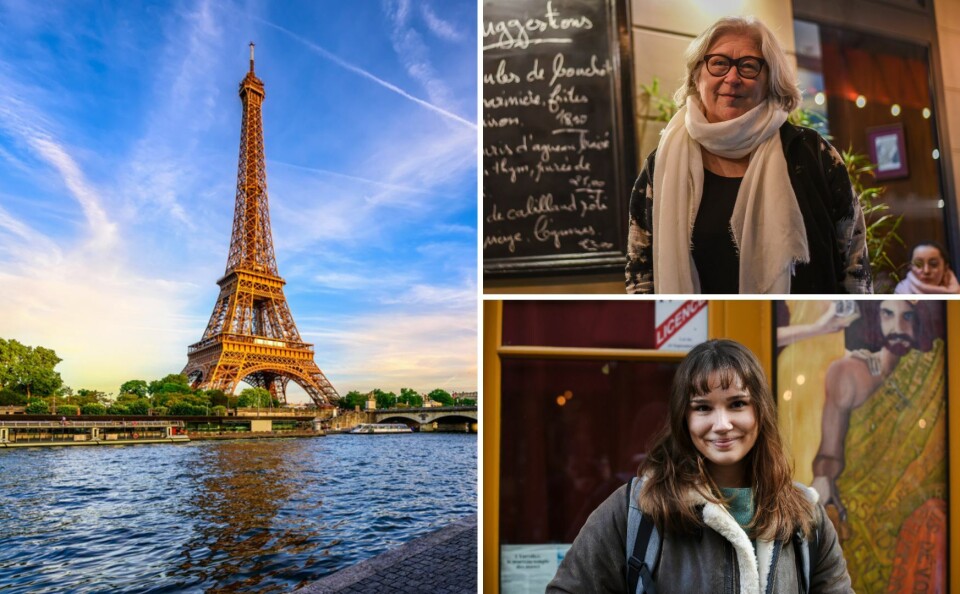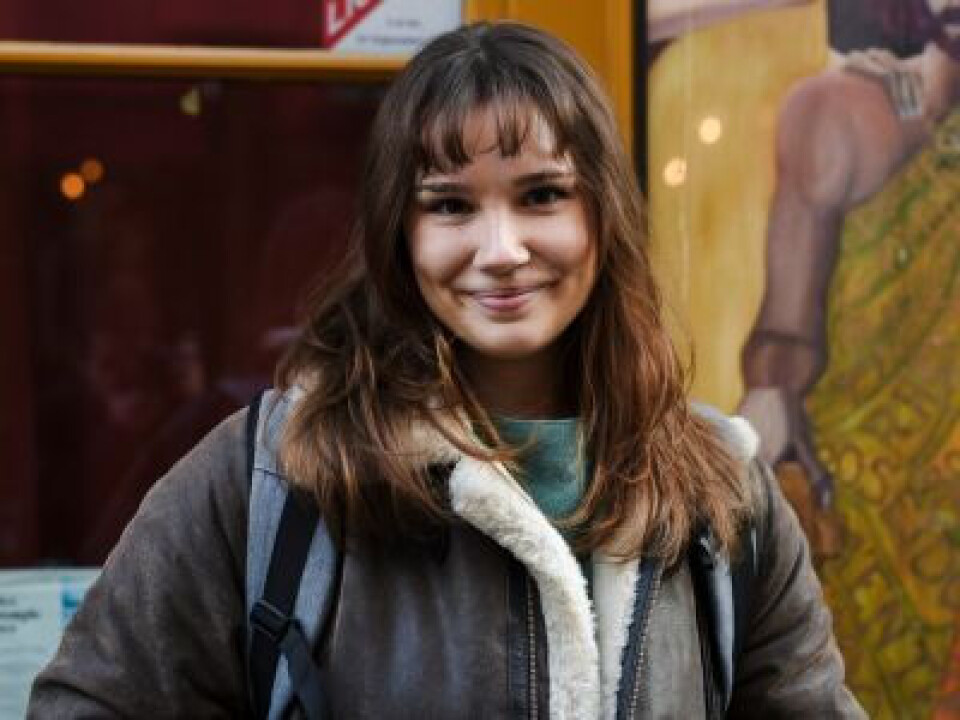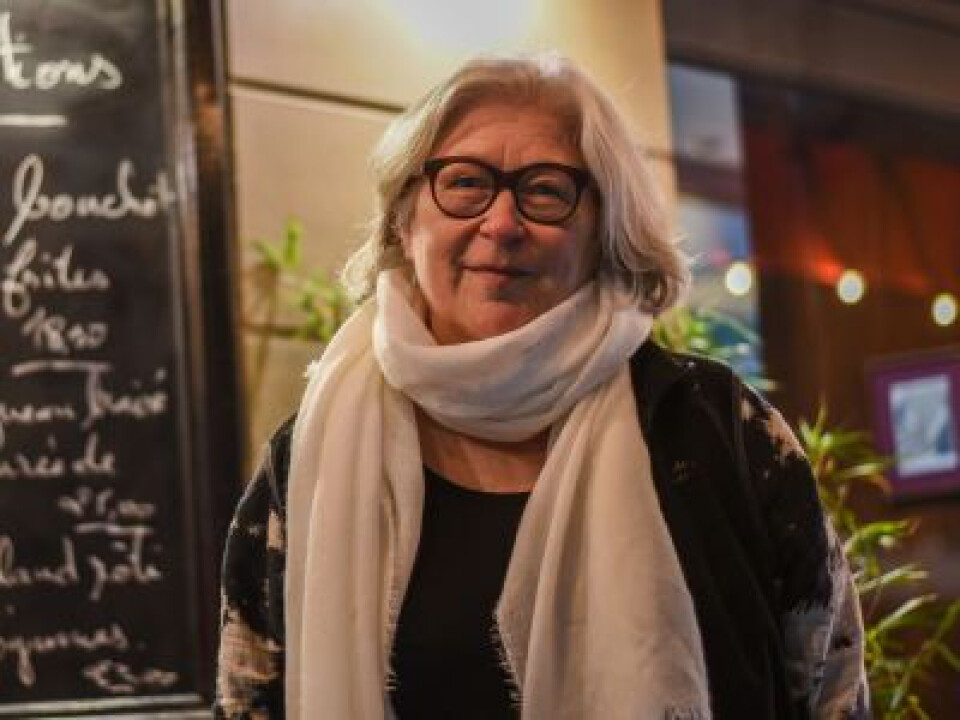-
France to host first NFL regular-season game at Stade de France in 2026
The US’s National American Football League has over 14 million fans in France
-
American diner and British café offer a taste of home in France
From big cities to tiny villages eateries are challenging preconceived ideas of Anglo-American cuisine
-
Euro reaches strongest exchange rate against the US dollar in five years
Strong euro spurs economic debate within the eurozone and in France
Two Americans moved to France 50 years apart - what has changed?
We speak to two US natives now living in Paris about their expatriate experience

Recent figures reveal the number of Americans settling in France has tripled since pre-pandemic years.
To shed some light on the expat experience, we speak to two US natives now living in Paris.
Although their decisions to move were taken some 50 years apart, their experiences share interesting overlaps and both emphasise the need to integrate as effectively as possible.
Read more: Number of Americans moving to France triples
The newcomer: Lily Weaver
Lily Weaver, originally from Fort Wayne, Indiana, has lived in France since 2019.
She spent her first years in the south of the country as a student and then an au pair before moving to Paris in 2022 to work for an international development organisation.
Ms Weaver began studying French in middle school, and a natural talent for the language propelled her on to an immersive exchange programme in Brittany at the age of 16.
She subsequently decided to major in French at university in Indiana.

Photo: Lily Weaver originally from Fort Wayne, Indiana, has lived in France since 2019
Work-life balance is better
“The thing that I love about France is enjoying the simple things,” she told The Connexion.
However, she is keen to emphasise that this is not simply an abstract, romantic notion, but embedded into her day-to-day life in very “concrete” ways.
She noted, for example, how easy it is to walk between places and the excellent public transport infrastructure, which she feels are lacking in many American cities, as well as an improved work-life balance and access to healthcare.
Read more: What Americans notice when they move to France
Finding an apartment in Paris was hard
That is not to say her integration into French life has been wholly positive.
She recounted difficulties navigating French bureaucracy, making friends, and finding an apartment in Paris.
The latter, she said, saw her bouncing between short-term rentals for the better part of a year before she eventually secured an overpriced studio on the Left Bank.
Imagining what the experience of moving to France might have been like decades earlier, Ms Weaver guessed that an additional challenge would have been communicating with friends and family back home.
“Now I can simply FaceTime them, which is very lucky.”
Learning the language is top priority
To other Americans thinking of making the move to France, Ms Weaver recommends that language-learning should be a top priority.
“Force the experience on yourself as much as possible,” she said.
“I think my life would be very different had I not put myself in situations where I had no other choice but to speak French.”
Read more: The six new US bills which could affect Americans in France
The long-timer: Chris Durban
Chris Durban grew up in upstate New York.
She started studying French in fifth grade, which she credits with piquing her interest in the country and its culture.
At 16 years old, after spending a year saving up by working in a local supermarket, she and a friend travelled to France and spent nearly two months cycling around the country.

Photo: Chris Durban, originally from upstate New York, has lived in France since 1971
Ms Durban then enrolled at a university in Montreal, but after one year there, she took the leap and transferred to a French university in 1971.
She financed her studies by working odd jobs, including tutoring, childcare and candle-making. She even spent a summer working in a fish-packing factory in Norway.
One day, she saw an advertisement in a newspaper for a part-time position translating financial documents from French to English.
Nearly 50 years later, she has built a career in financial and corporate translation, and she still calls Paris home.
It is not ‘Emily in Paris’
Over the decades, she has learned first-hand that the reality of living in France is very different from film and TV depictions.
“I think that Americans who come here are often looking for an Emily in Paris experience, or something similar,” she said.
“To me, that’s just a joke.”
Instead, Ms Durban believes that what Americans can hope to find in France is an improved quality of life, incorporating everything from healthcare to transportation to fresh food.
Like Ms Weaver, she noted that most amenities in Paris are always only a stone’s throw away: “I don’t have to get in my car and drive someplace.
“I just walk up the street. What other services do I need?”
Read more: Netflix’s Emily boosts Americans’ opinion of Paris, poll shows
Excited to get first telephone
Ms Durban also confirmed the challenges of staying in touch with relatives back home in the early days.
“I was the first on my floor to get a telephone, and it was quite exciting,” she recalled.
She added that this process required a lot of form-filling, as well as a two-to-three year wait for the request to be approved and the proper infrastructure installed.
Like Ms Weaver, she encourages Americans to prioritise language-learning: “France is a good place to live for many different reasons, but you definitely have to get into the culture, or at least the language for starters.”
Related articles
Visas, residency cards: What changes in France’s new immigration law?
























